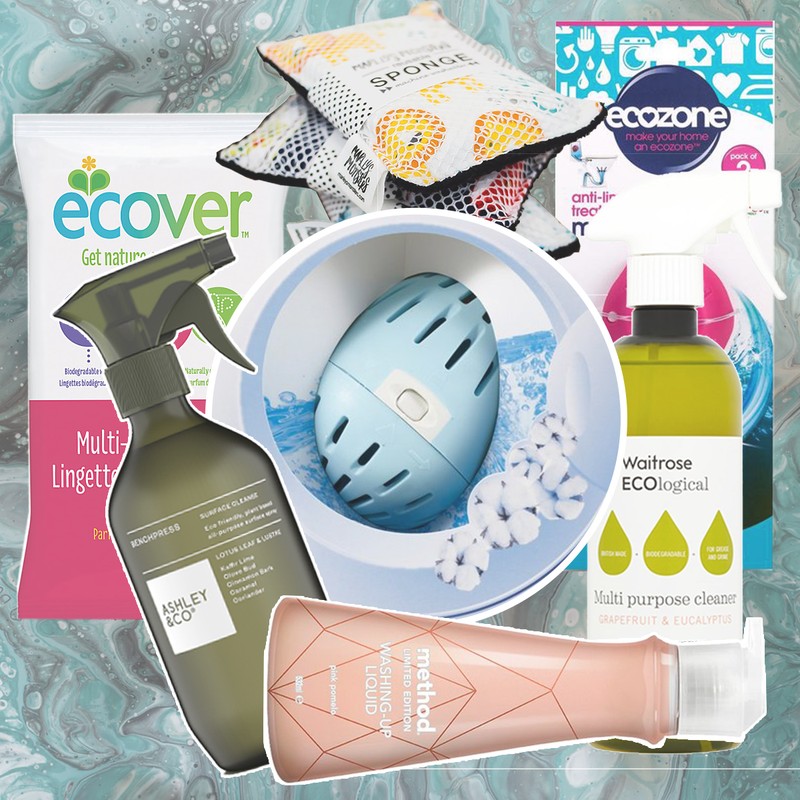Time To Switch To Eco Cleaning Products?
Long before chemicals became commonplace in our homes, people cleaned with natural products from their larder, such as vinegar, bicarbonate of soda and even crushed eggshells (yes, really). Today, alternatives to harsh, toxic chemicals have gone mainstream again. Supermarket shelves are packed with effective green products with top-notch cleaning credentials as brands like Ecover, Method and Ecozone establish themselves as household names.
Smaller brands are developing stand-out products that smell as good as they perform. Look out for Ashley & Co, a New Zealand brand using the finest, fewest and cleanest plant-based ingredients. All its packaging can be re-used and is refillable – you just buy a biodegradable refill pouch and pour it in.
Bella Middleton, founder of Norfolk Natural Living, is passionate about maintaining the healthiest household environment, which naturally extends to what we use every day. “We use scientifically formulated recipes that harness the efficacy of plant-based extracts and natural cleansing agents. Combining modern scientific research and age-old techniques, our range of washes and household cleansers are as potent as the natural elements that inspire them.”
Want to say goodbye to cleaning products altogether? A return to traditional techniques has been championed by Cabbages & Roses founder Christina Strutt in her book Green Housekeeping: Recipes and Solutions for a Cleaner, More Sustainable Home. “Our predilection for chemical antibacterial formulas and over-fastidiousness in our homes is, in my opinion, the reason for our seemingly weakened immune systems – I do believe your house can be too clean.” Christina’s resourceful, accessible techniques for every household chore – from removing ring marks on wooden tables to banishing stale odours in lunchboxes and tins – could revolutionise your approach.
If you or anyone in your household has asthma, the decision to change may well be more urgent. Some researchers believe the rising use of toxic chemicals is related to increasing instances of childhood asthma. Volatile organic compounds (VOCs) are particularly bad for asthma sufferers. They appear in cleaning ingredients such as acetone, ammonia and benzene, as well as air fresheners, chlorine bleach, detergent and dishwashing liquids, window and glass cleaners, rug and upholstery cleaners and oven cleaners. Children can be especially vulnerable because they put their hands into their mouths. It has even been suggested that unborn babies are at risk as fumes or vapours pass through the maternal skin.
Switching up your cleaning game is easier than you think. If you’re ready to make a positive environmental impact with your house-cleaning choices, here’s our round-up of the green options...
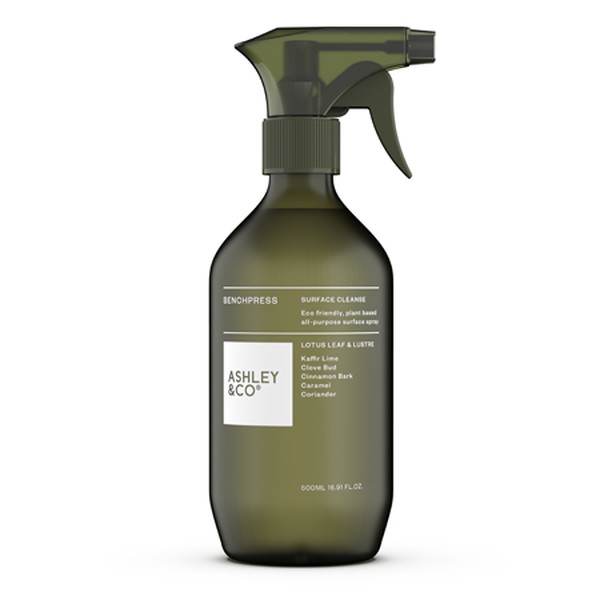
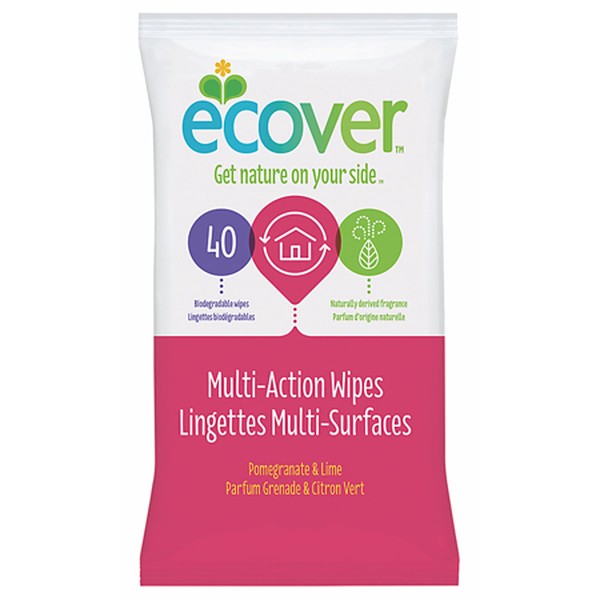
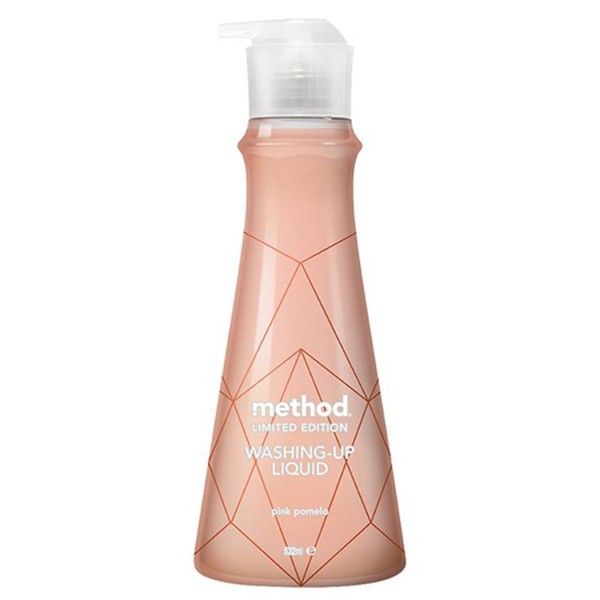
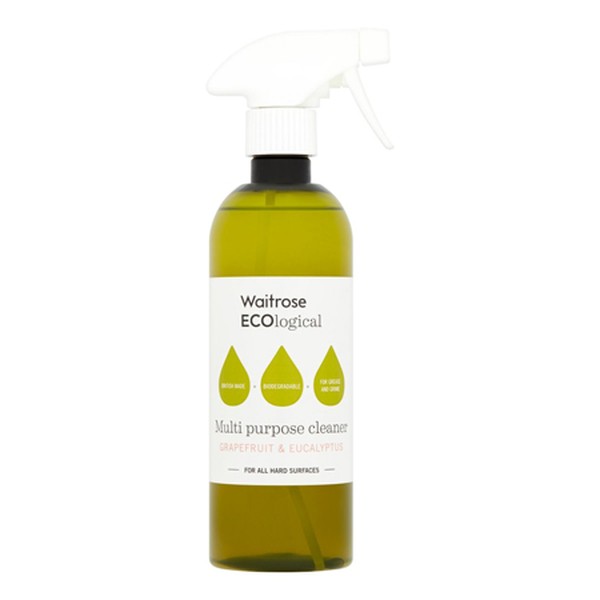
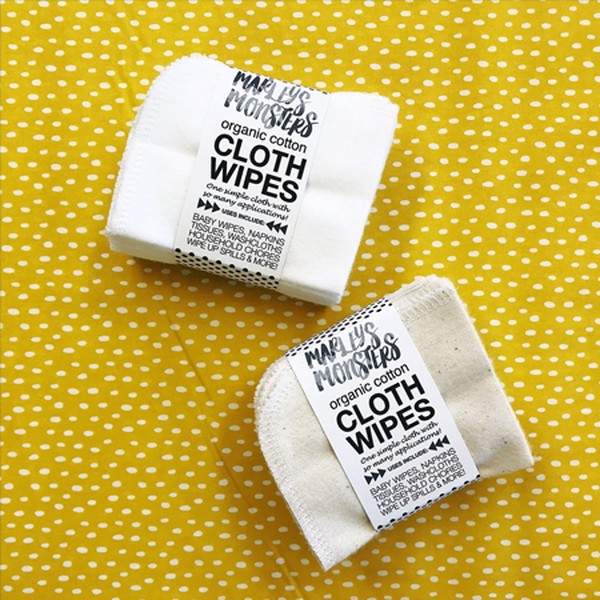
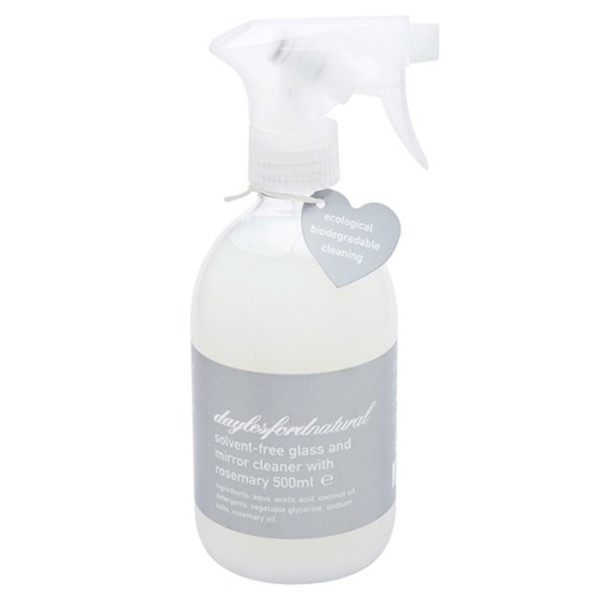
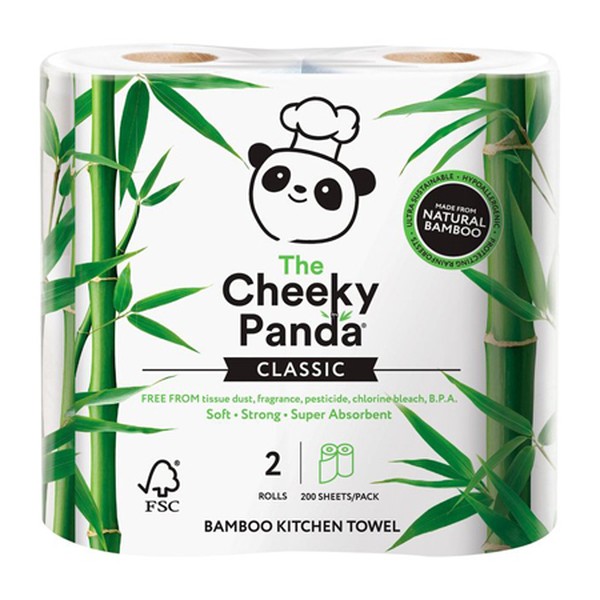
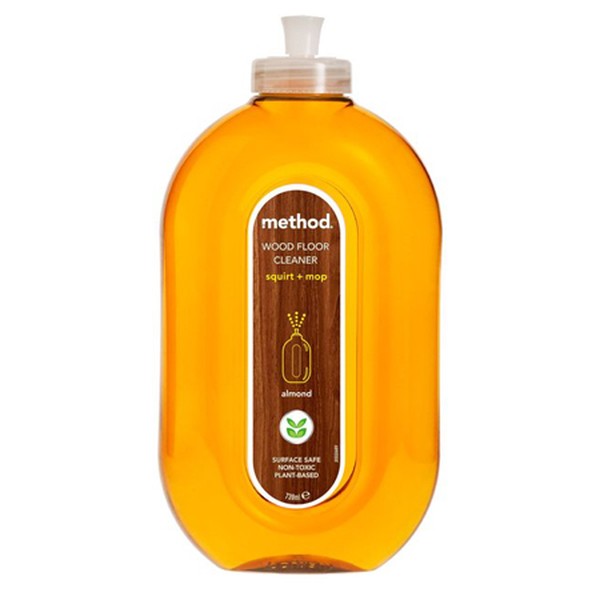
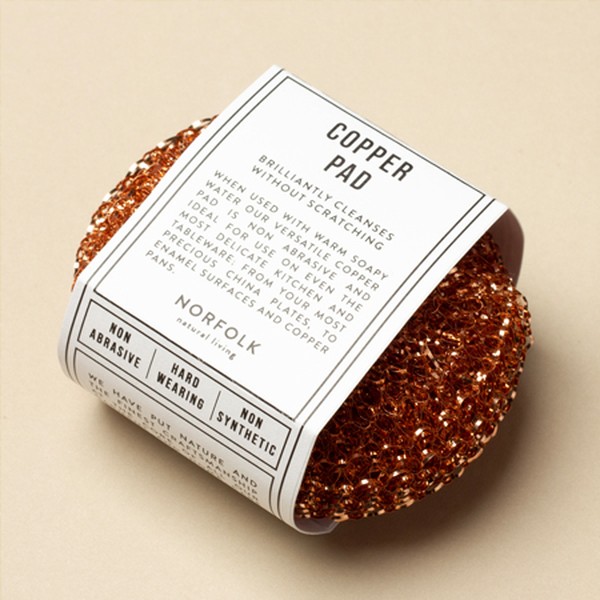
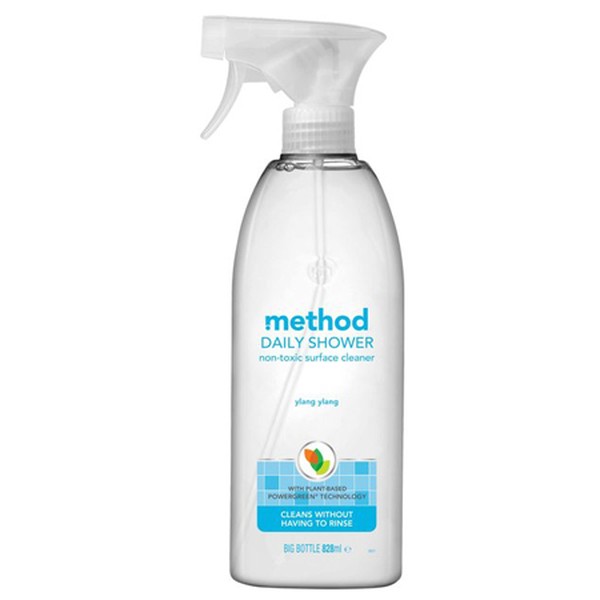
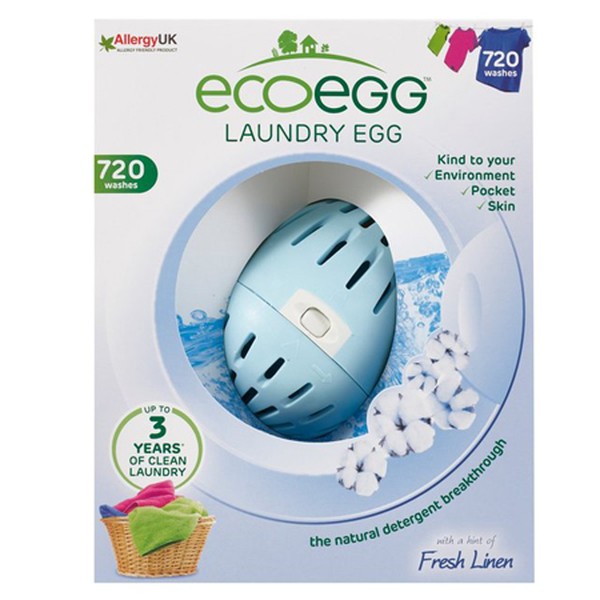
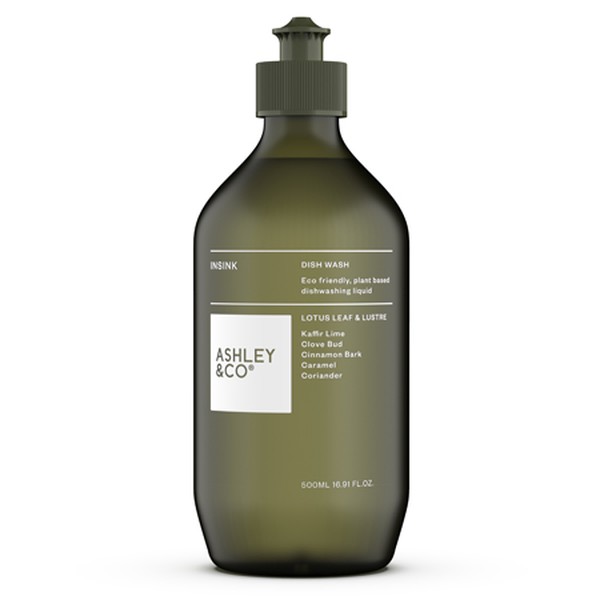
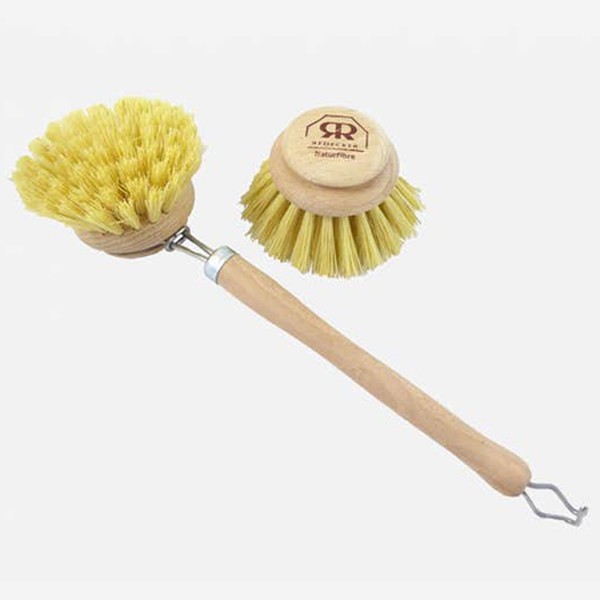
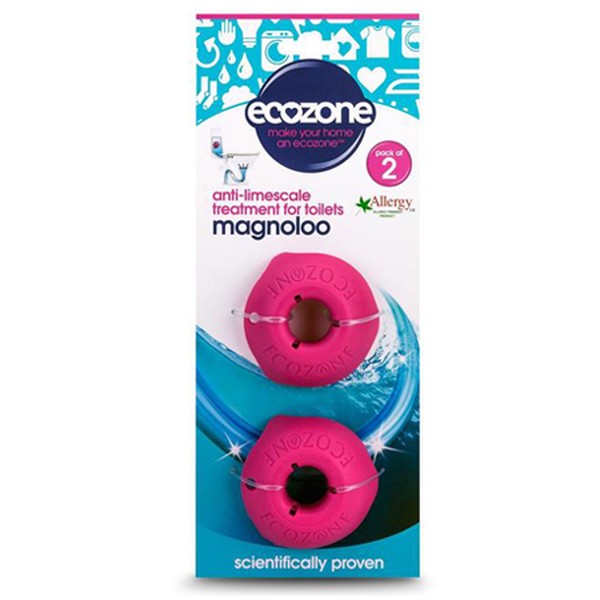
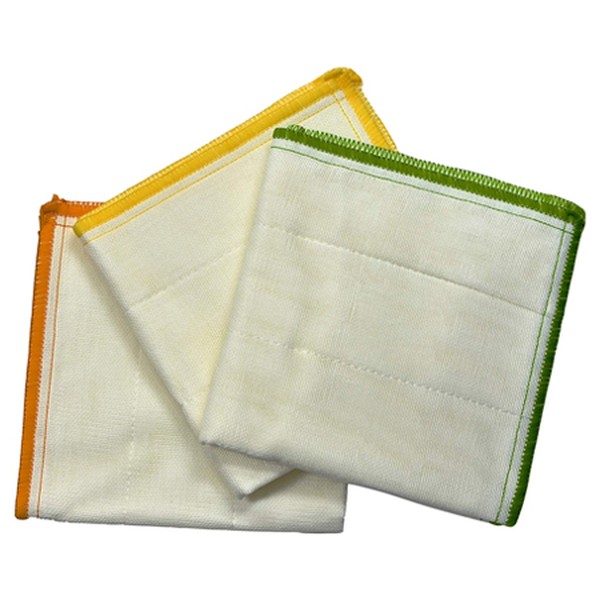
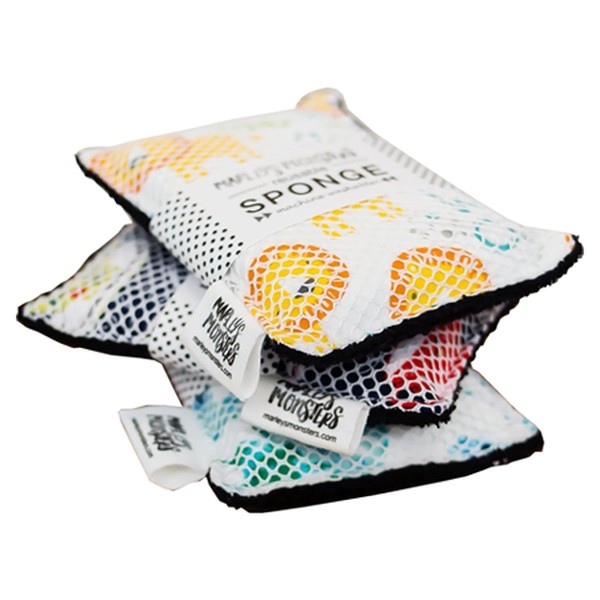
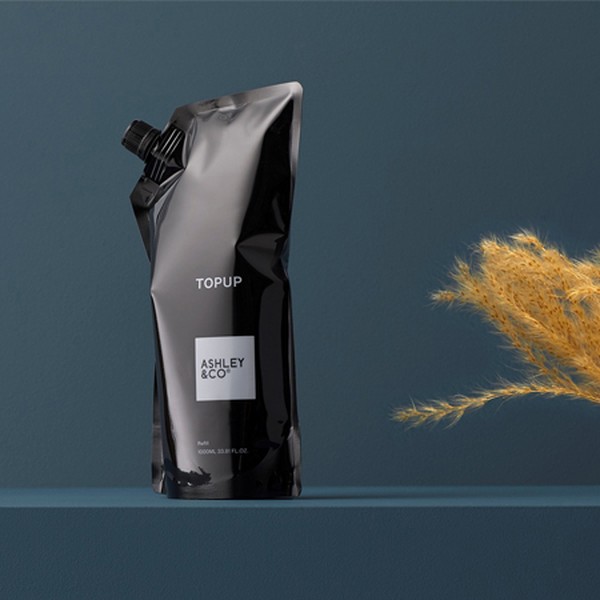
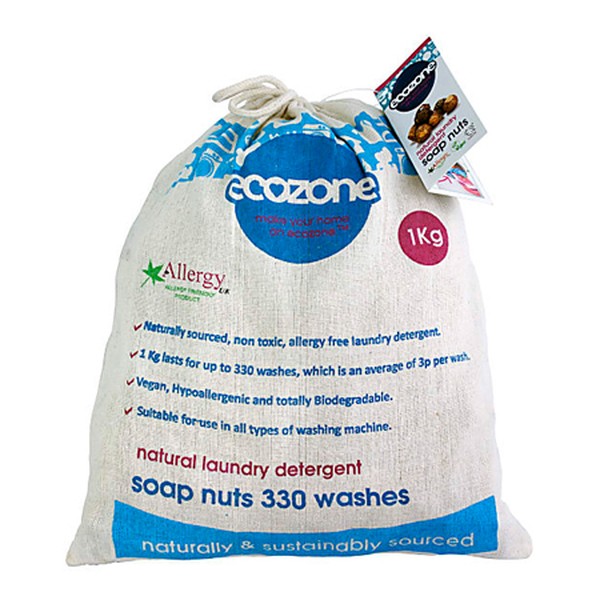
DISCLAIMER: We endeavour to always credit the correct original source of every image we use. If you think a credit may be incorrect, please contact us at info@sheerluxe.com.
